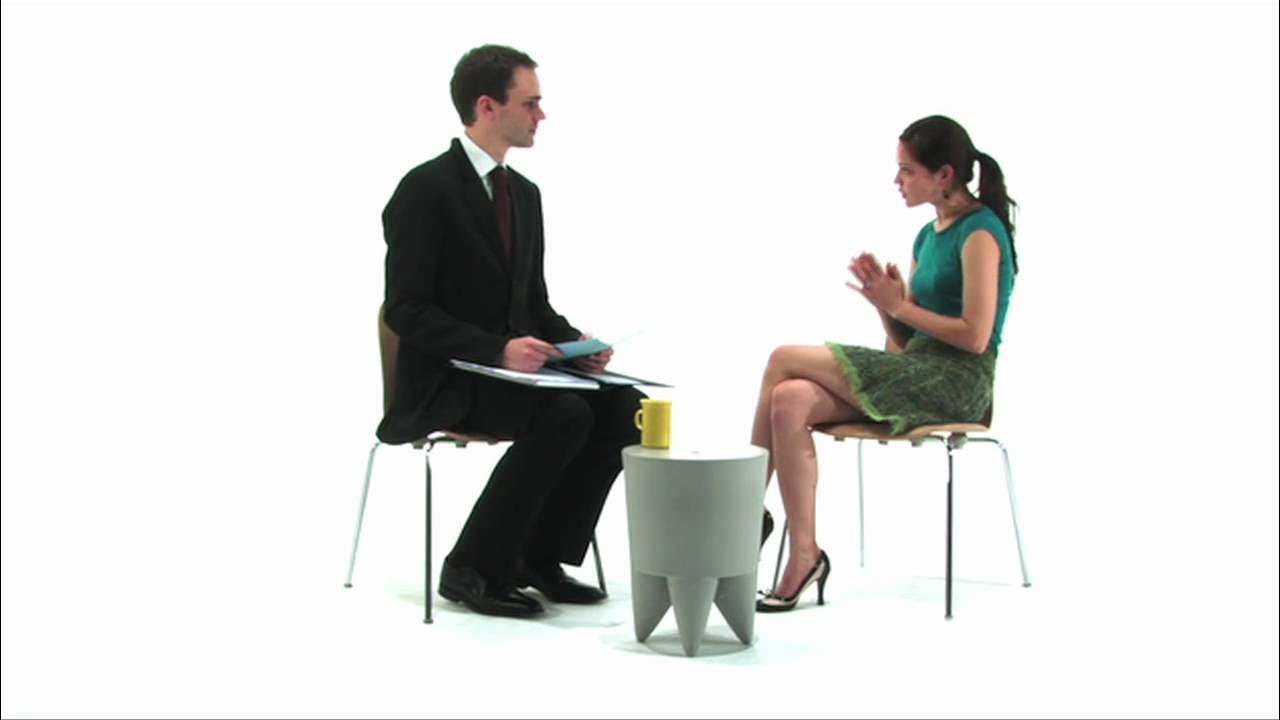Can I? Could I? May I?
Summary
TLDRIn this lesson, Rebecca from engVid teaches three ways to ask polite questions in English using 'can', 'could', and 'may'. The video explains the appropriate use of these words based on formality: 'can' for informal situations, 'could' for semi-formal ones, and 'may' for formal settings. She provides examples for each situation and demonstrates how to match the formality of a question with the response. Rebecca emphasizes the importance of using polite language in various contexts, such as with family, colleagues, or customers, and encourages viewers to practice through exercises on their website.
Takeaways
- 😀 Use 'can' for informal situations with family and friends.
- 😀 'Could' is used for semi-formal situations, like with colleagues or a salesperson.
- 😀 'May' is for formal situations, such as talking to a client or in a job interview.
- 😀 'Can' and 'could' can be used with all pronouns (e.g., 'can I', 'could they').
- 😀 'May' can only be used with 'I' or 'we' (e.g., 'May I', 'May we').
- 😀 In informal settings, 'Can I have some orange juice?' is acceptable.
- 😀 In semi-formal settings, 'Could I have some orange juice?' is more polite.
- 😀 In formal settings, 'May I have some orange juice?' is the most polite option.
- 😀 In requests for others, it’s polite to add 'please' (e.g., 'Can you clear the table, please?').
- 😀 Responses to requests match the level of formality in the question (e.g., 'Certainly' for 'May I').
- 😀 To practice and master the proper usage of 'can', 'could', and 'may', visit the website for quizzes and lessons.
Q & A
What is the main topic of this lesson?
-The main topic of this lesson is how to ask polite questions in English using three key words: 'can', 'could', and 'may'.
When should we use 'can' to ask a question?
-'Can' is used in informal situations, such as when speaking with family or friends.
What does 'semi-formal' mean, and when should we use 'could'?
-'Semi-formal' means a slightly formal setting, such as when speaking with colleagues, a hairdresser, or a salesperson. We use 'could' in these situations.
In which situations should 'may' be used?
-'May' is used in formal situations, such as when speaking to clients, customers, or during a job interview. It is the most formal way to ask for permission.
How does the grammar differ when using 'can', 'could', and 'may'?
-'Can' and 'could' can be used with all pronouns (e.g., 'Can I', 'Could you'), while 'may' is typically used only with 'I' and 'we' (e.g., 'May I', 'May we').
Can you provide an example of a polite question using 'can'?
-An example of a polite question using 'can' is: 'Can I have some orange juice?' This is an informal way to ask for permission.
What would be an appropriate response to 'May I have some orange juice?' in a formal setting?
-A formal response to 'May I have some orange juice?' could be: 'Certainly.'
How does the level of formality affect the response to a polite request?
-The level of formality in the request influences the response. For example, an informal request like 'Can I...' might receive a casual response such as 'Sure,' while a formal request like 'May I...' might receive a more formal reply like 'Certainly.'
What is an example of using 'could' in a semi-formal situation?
-An example of using 'could' in a semi-formal situation is: 'Could you send me the report, please?' This is a polite way to ask someone in a business or professional context.
How can we use 'may' to help in customer service situations?
-'May' is commonly used in customer service settings to be polite and formal, such as: 'May I help you?' or 'May I help you carry your bags, ma'am?'
Outlines

This section is available to paid users only. Please upgrade to access this part.
Upgrade NowMindmap

This section is available to paid users only. Please upgrade to access this part.
Upgrade NowKeywords

This section is available to paid users only. Please upgrade to access this part.
Upgrade NowHighlights

This section is available to paid users only. Please upgrade to access this part.
Upgrade NowTranscripts

This section is available to paid users only. Please upgrade to access this part.
Upgrade NowBrowse More Related Video
5.0 / 5 (0 votes)





